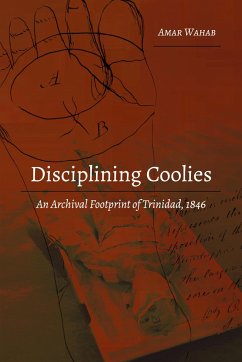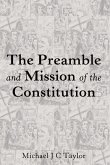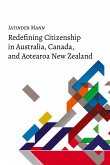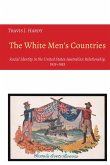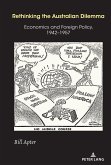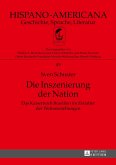The early years of the East Indian Indentureship system in the Caribbean saw experiments on "coolie" laborers under the British Empire. Colonial Trinidad was one of the main sites for this experiment. This book foregrounds one of the earliest cases (1846) of occupational and physical cruelty against East Indian indentured laborers in Trinidad within this very early period of experimentation. It presents and analyzes the full transcripts of an inquiry concerning the ill-treatment of "coolie" laborers and the severe punishment and death of one laborer, Kunduppa, by a Scottish planter in Trinidad. Drawing on the concepts of discipline, governmentality, and Orientalism, the main argument of the manuscript is that within the early experimental period of Indentureship, the figure of the "coolie" and disciplinary tactics of bodily torture were instrumental to redrafting and stabilizing the colonial governance of contract labor. It also argues that Crown investigations of "coolie" abuse and death became occasions for establishing a new colonial order, in which the disciplinary powers of planters were curbed in the interest of protecting and "caring" for the "coolie" -a discourse that was crucial to re-inventing colonial rule as benevolent. As such, the author's analysis of colonial violence has crucial implications for critically re-thinking colonial liberalism and its legacies in the present.
Bitte wählen Sie Ihr Anliegen aus.
Rechnungen
Retourenschein anfordern
Bestellstatus
Storno

